KEY SECTORS
This section outlines the investment opportunities in Namibia including the current priority sectors.
Our key sectors offer a wealth of investment opportunities. The areas that are ripe for development include green hydrogen, renewable energy, oil and gas, chemical industry, sustainable tourism, transport and logistics and value addition.
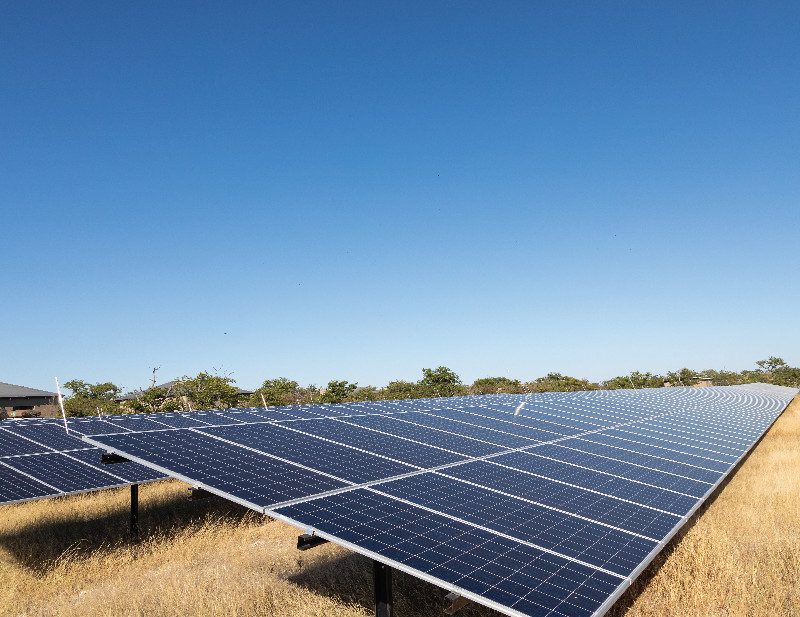
Renewable Energy
Namibia is fortunate to have access to several native energy sources, such as solar, wind, and biodiversity. By investing in and supporting the renewable energy sector, Namibia has the potential to achieve energy autonomy through the use of sustainable resources. In fact, it could even serve as a net energy provider to the wider Southern African region.
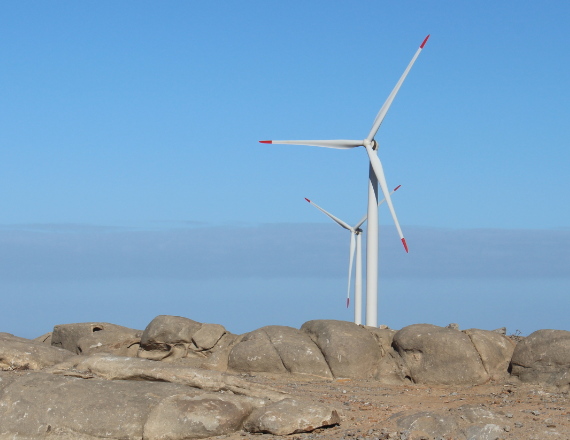
Green Hydrogen
Namibia's abundant sun, wind, and expansive landscapes give the country a renewable energy production capacity that surpasses 250GW. This makes Namibia a leading exporter of low-cost green hydrogen at 1.5 USD/kg, thus contributing significantly to the global effort to decarbonise our planet.

Metals, Mining & Adjacent Industries
The discovery of offshore oil and additional gold mines have positioned the industry for substantial growth. Further investment will only accelerate this progress. This sector encompasses all mining activities, including supporting tasks, and the production and processing of various metals, sand, concrete, and construction materials.
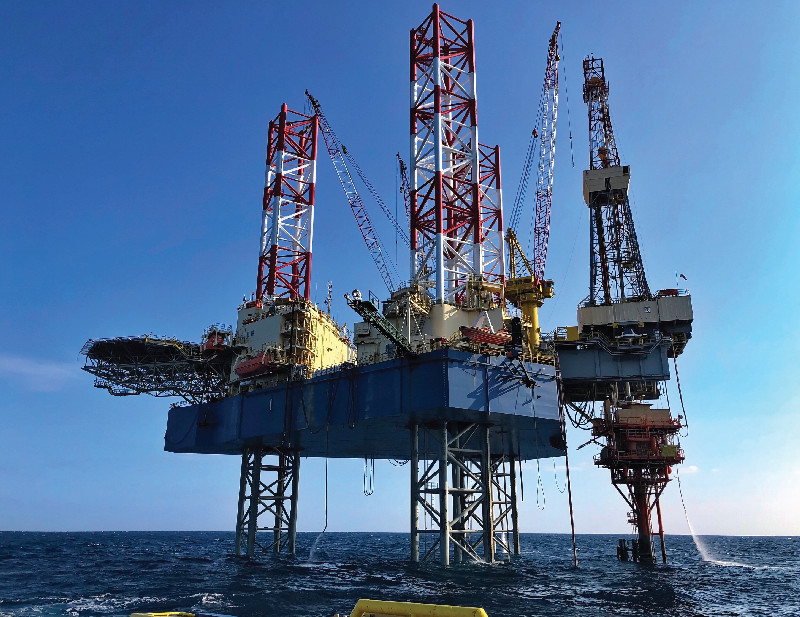
Oil & Gas
Namibia's potential in the oil and gas industry is on the rise due to the discovery of oil deposits onshore, in the north-eastern region of Kavango East, and offshore in the southern Orange Basin. This burgeoning industry will position Namibia as a major player in the sector. The Government of the Republic of Namibia has pledged to provide all the necessary support to expedite the field development to achieve production by 2026.

Agriculture
Namibia has limited processing capabilities and imports most of its fruits and vegetables, but it's the only African nation with beef export market access to North America and Europe. Additionally, there is a profitable market for Namibian Boer goat exports to South Africa and the Middle East. With this in mind, Namibia offers a range of investment opportunities throughout the entire value chain of both livestock and horticulture industries.

Tourism
Namibia's tourism industry boasts unparalleled, distinctive attractions, a rich cultural heritage, and well-preserved land. However, despite its vast potential, the industry remains largely untapped. Opportunities abound for investment and product diversification, including the development of top-tier luxury accommodation, conference facilities, cruise tourism, and film tourism.

Transportation & Logistics
Namibia's optimal trade agreements make it a vital link between Africa, Europe, and the Americas. The country is home to two world-class congestion-free ports, which have undergone significant upgrades, and a top-quality road infrastructure network that ranks second in Africa. The trade sector has always been profitable and is poised to grow exponentially as the local and regional economies continue to expand and interconnect.
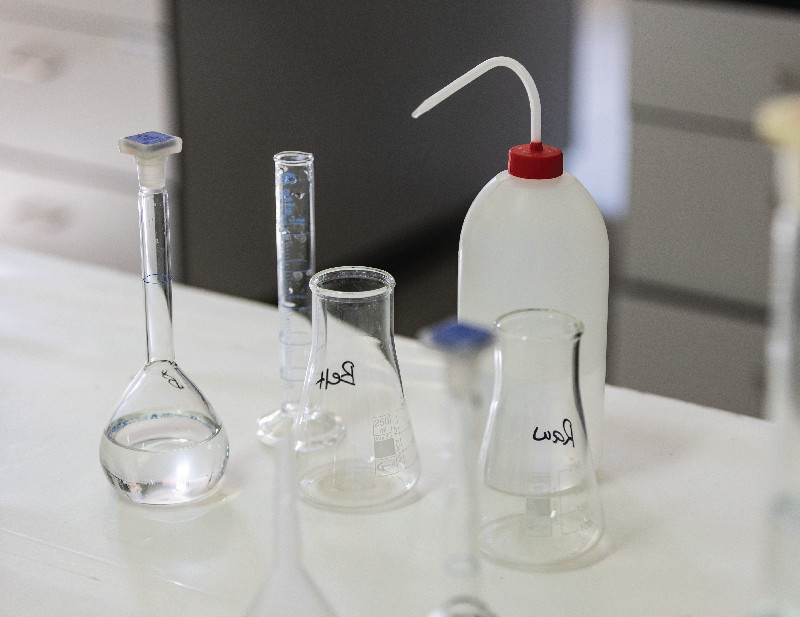
Chemicals & Basic Materials
Despite being the largest producer of solar sea-salt in Sub-Saharan Africa, Namibia lacks a significant chemical plant at the primary input source. This provides a unique opening for large-scale investment in a chemical plant by investors with global and regional value chains. With access to AfCFTA, EU, UK, USA, SADC, and SACU markets supported by Free Trade Agreements (FTAs), the potential for a successful venture is immense.

Global Business Services
Namibia's banking and financial systems have helped to establish a robust local business services sector. The country's most promising enterprises include call centres, training centres, and full business process outsourcing centres. Namibians are proficient in several languages, including English, which has helped to foster this industry. The country boasts a well educated and literate population, especially among its younger generation, who are renowned for their enthusiasm, diligence, and trainability.

Agriculture & Food Processing
-old- The production and processing of food, especially high value fruits & vegetables, meat & dairy products and beverages. Namibia already has very lucrative livestock and high value fruits (including grapes, dates and blueberries) industries, and the main exports are to Europe. All these industries are expected to grow substantially in the near future. Therefore, investment opportunities exist across the sector, particularly at primary level production. -new-
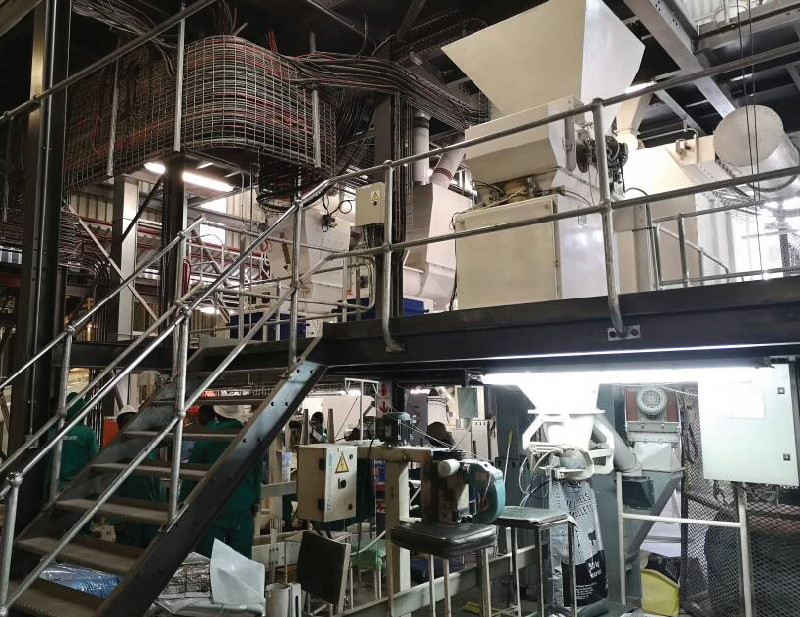
Machinery & Electronics
-old- The manufacturing of machinery & tools (especially in support of target sectors), pumps, engines, appliances & electronics, as well as the parts thereof. Although the sector is an infant industry in Namibia, the country boasts world class transport and logistics infrastructure that can facilitate the industry. Moreover, Namibia has a large educated and unemployed workforce; this, coupled with substantial national funding available for retraining can help facilitate the growth of the industry. Furthermore, the regional and international demand, especially in light of the new Africa Continental Free Trade Area and key international trade agreements, make Namibia’s machinery and electronics industry an attractive investment opportunity. -new- Namibia’s machinery and electronics industry is in fledgling stages at the moment, however due to numerous factors, Namibia is expected to be a crucial player in this industry in the coming years. Specifically, the machinery and electronics industry includes the manufacturing of machinery and tools (especially in support of other key sectors) namely, pumps, engines, appliances & electronics, as well as the parts thereof.
Current Investment Opportunities

Get in touch with us
- Investment House
- Cnr. of Garten & Dr. A B May Streets
- Private Bag 12039
- Windhoek, Namibia
- info@nipdb.com
- +264 (0) 83 333 8600
Work Hours
- Monday - Friday
- 08:00 am - 05:00 pm

